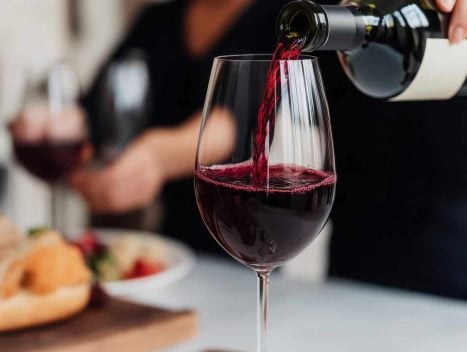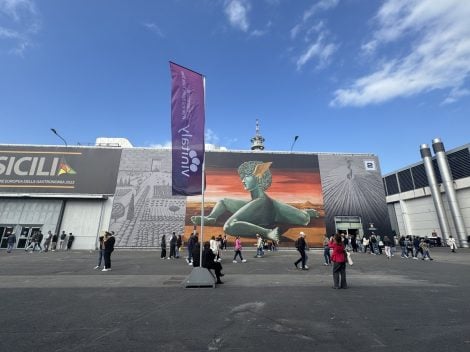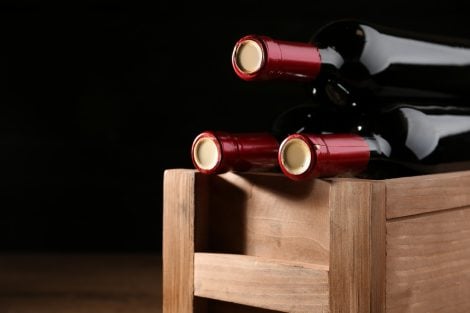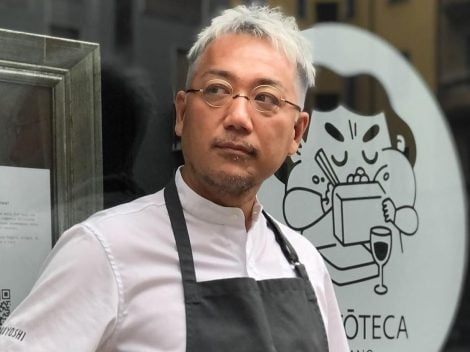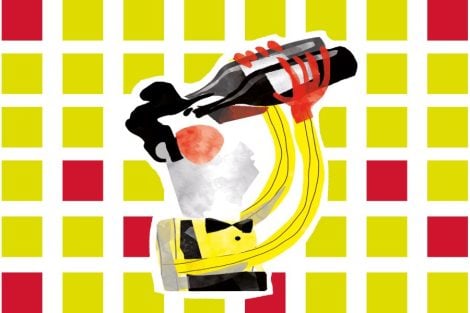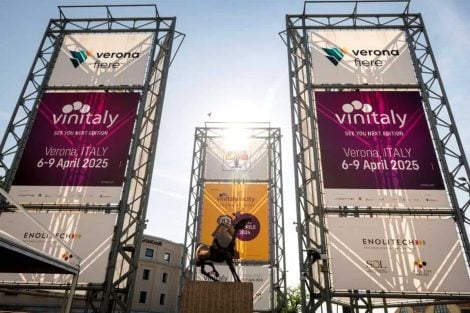Buying on tap: an old (new) habit
There is talk of trend, fashion of the moment, but in truth shopping on tap is the oldest thing around. In addition to the new loose, unpackaged product shops, in fact, there are the shops of the past, of a time when buying without packaging was the norm. However, a new awareness is emerging, an eco-friendly conscience that goes beyond fighting single use plastic ("plastic-free" is perhaps one of the most abused terms of the year) and points to an overall reduction in waste.
Zero waste: reduce, not dispose
There is often talk of the Zero Waste movement, but eliminating packaging altogether is almost impossible. However, we can (and must) rethink our way of food shopping, look for more sustainable options, alternative solutions and, above all, refuse many of the single-use packaging that we are used to seeing in our grocery store carts. You can choose not to buy or do it with more pre-planning.
Shopping on tap, why it's important
From pasta to cereal, meat, fish (even the paper used by butchers and fishmongers is lined with a thin layer of plastic), cold cuts, cheese, up to even pre-packaged vegetables and fruit: the kitchen is one of the areas that generates the most waste (not counting the age-old issue of food waste). Starting with ready-to-eat foods: the latest poll by Nielsen Osservatorio Immagino, which analyzes consumption habits, records a remarkable increase in sales of so-called food to go.
Packaging alternatives
Yet, there are alternatives. Think markets, specialized shops, organic shops, on tap stores, and more: even at the supermarket, fruit and vegetables are sold loose to be placed in biodegradable plastic bags (another thorny issue on which we will return to focus another time). A little more programming would be enough before shopping: less impulse purchases, especially less disposable packaging. Prefer a larger package instead of many single portions wrapped one by one, for example, this is a microscopic gesture that can start making a difference.
The advantages of on tap grocery shopping
In addition to the lower environmental impact, however, what are the advantages of shopping on tap? We gathered them in a list, trying to break up various clichés that revolve around the topic.
Cost savings: By entering a store that sells loose food you could be held back by the higher price of cereal, legumes, spices: but they're almost always organic products, which on average cost more, regardless of the packaging. Quality that increases the price, not the absence of packaging. On the contrary: usually the ingredients on tap have a lower price.
Reuse of materials: Many containers are needed for loose product shopping, starting with the jars. In this way, the many glass containers of legumes, pickles, jams, honey, anchovies, capers and the like can be recycled. All glass that would otherwise end up in the garbage.
Cost savings (again): It's appropriate to clarify this point. Often environmentalism - like veganism or vegetarianism - is associated with a high standard of living. But living in a sustainable manner is not elitist, it's not for the few, on the contrary: it's a philosophy focused on simplicity, minimalism, dictated by the ability to make do with what's essential and reject excess. There are not only shops on tap with biodynamic and niche products: you can buy loose, unpackaged products by going directly to the farms, farms, orchards, in the countryside. And yes, the value saved is considerable.
Quality: Not an automatic consequence of shopping on tap. There are good loose unpackaged foods and others that are mediocre, just like in the case of packaged goods. But in some cases there's a gain in taste: with milk on tap, for example, sold raw on farms or in the various points of sale scattered throughout Italy. If you decide to buy it, remember to boil it first.
Safety: Who said that shopping on tap is risky? Just go to any specialized shop to closely observe the cleanliness of the containers. The same goes for the product origin: if it's not marked on the dispenser, you can ask the staff. Of course, if lentils, even without plastic, hail from far away, then the concept of sustainability is lost. The important thing is to evaluate each time: when we talk about the environment, the themes and variables to keep in mind are many.
(Re)discover unknown products: Applicable to the majority of food artisans and vintage shops. Leaving aside large retailers for a moment, you can learn about (or rediscover) new (or ancient) foods, different products, unusual spices but also alternative use of some ingredients.
Human touch: Again, it doesn't depend much on the loose product, but on the tiny and authentic size of the shops. Whether it's markets, butcher shops or tea shops, a trusting relationship is established with the merchant when they visit similar places, who becomes first and foremost a counselor, a confidant, dispenser of funny stories and anecdotes. And then also a seller.
by Michela Becchi

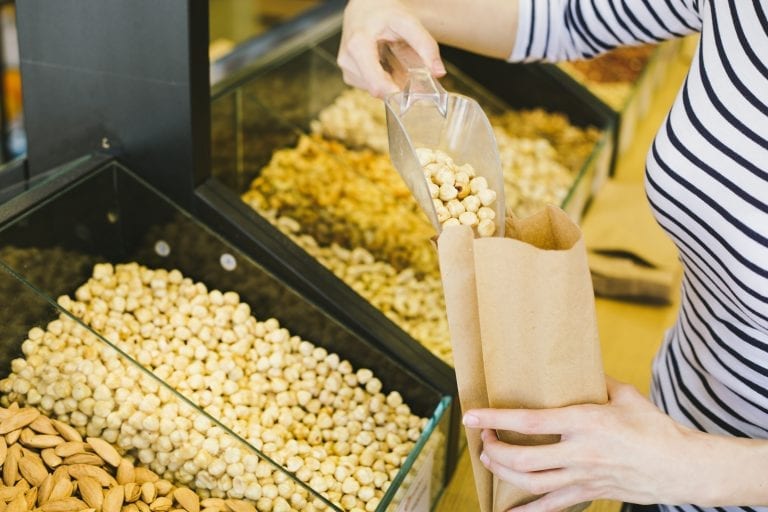
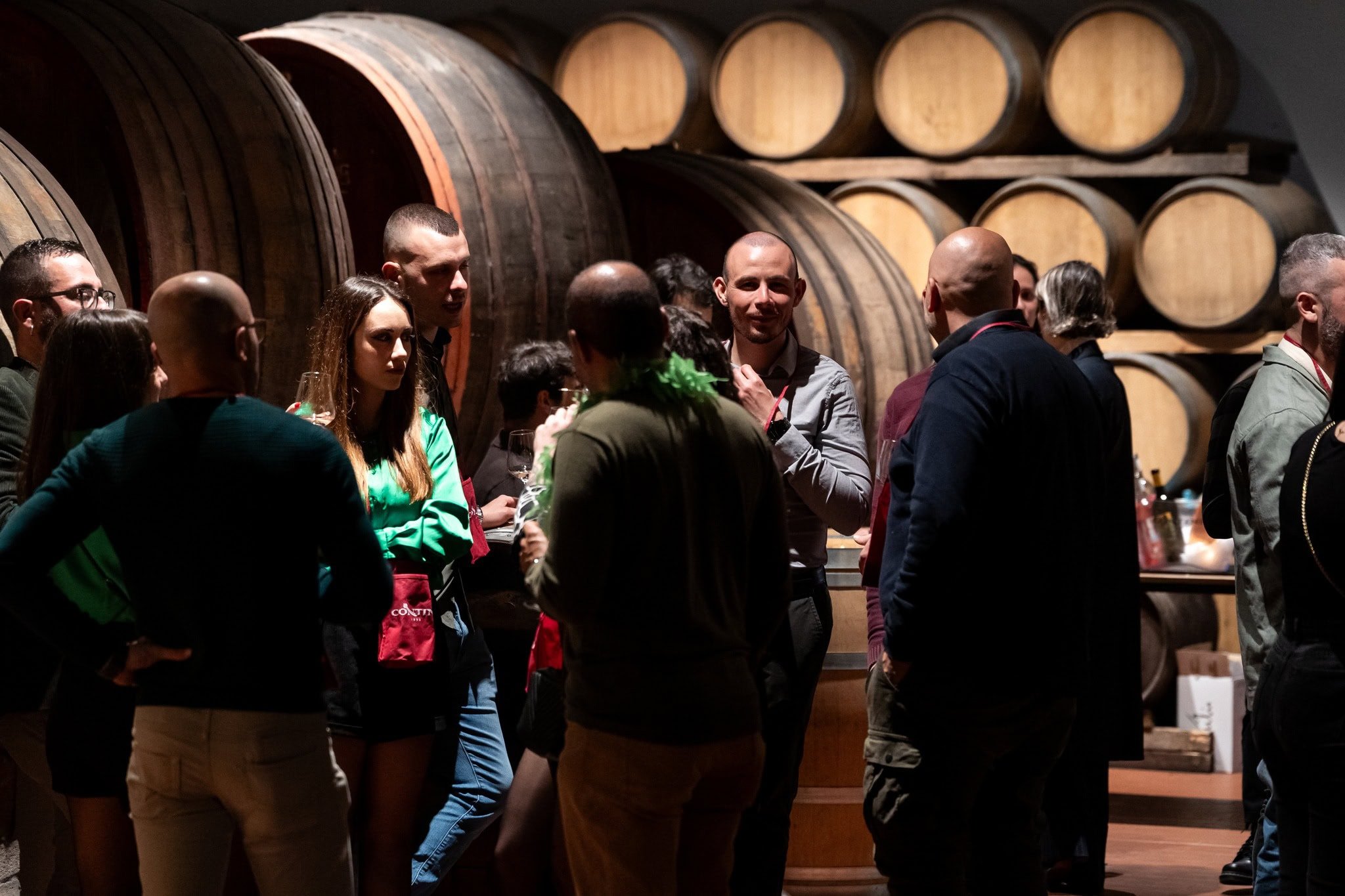 Here are ten Rare Wines you absolutely must try
Here are ten Rare Wines you absolutely must try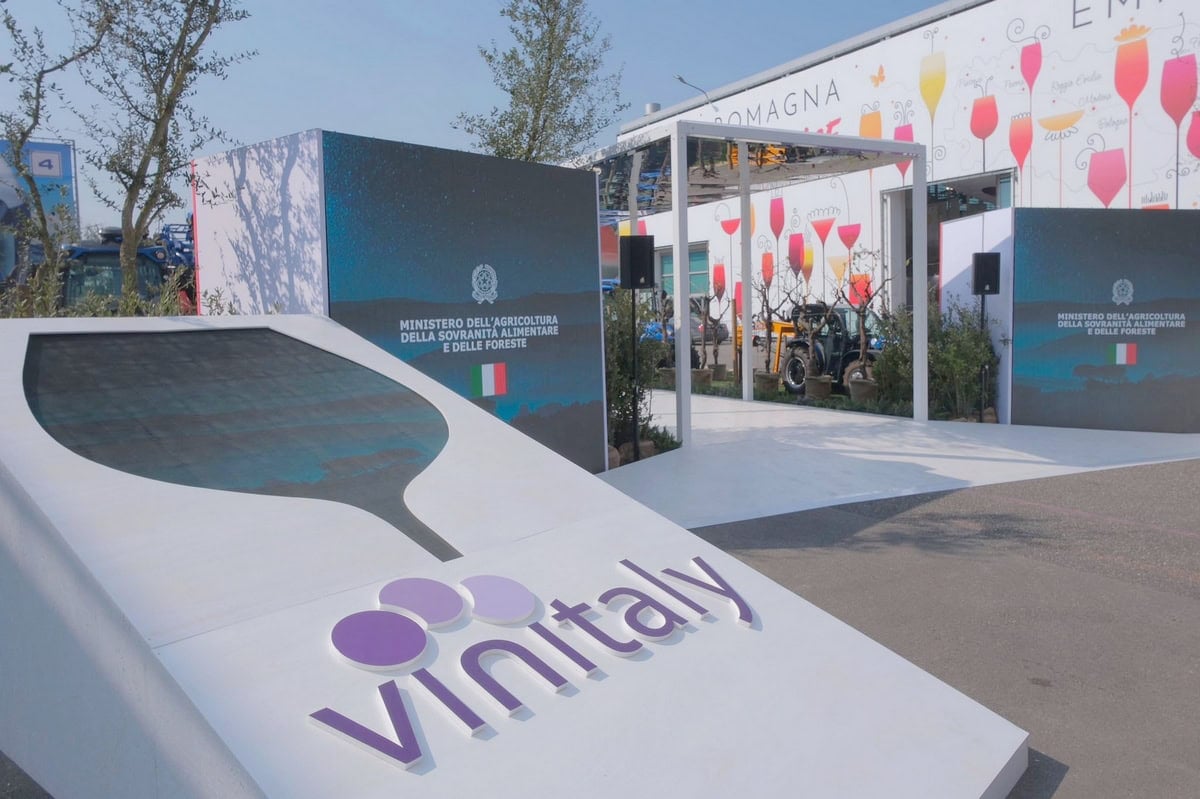 The “Tariff Vinitaly” closes with 97,000 attendees: one third from abroad. See you on 12 April 2026
The “Tariff Vinitaly” closes with 97,000 attendees: one third from abroad. See you on 12 April 2026 Trump “freezes” tariffs for 90 days. UIV: “Now work towards zero tariffs on wine too”
Trump “freezes” tariffs for 90 days. UIV: “Now work towards zero tariffs on wine too” Dealcoholised wines, everyone halt: production in Italy is blocked until 2026
Dealcoholised wines, everyone halt: production in Italy is blocked until 2026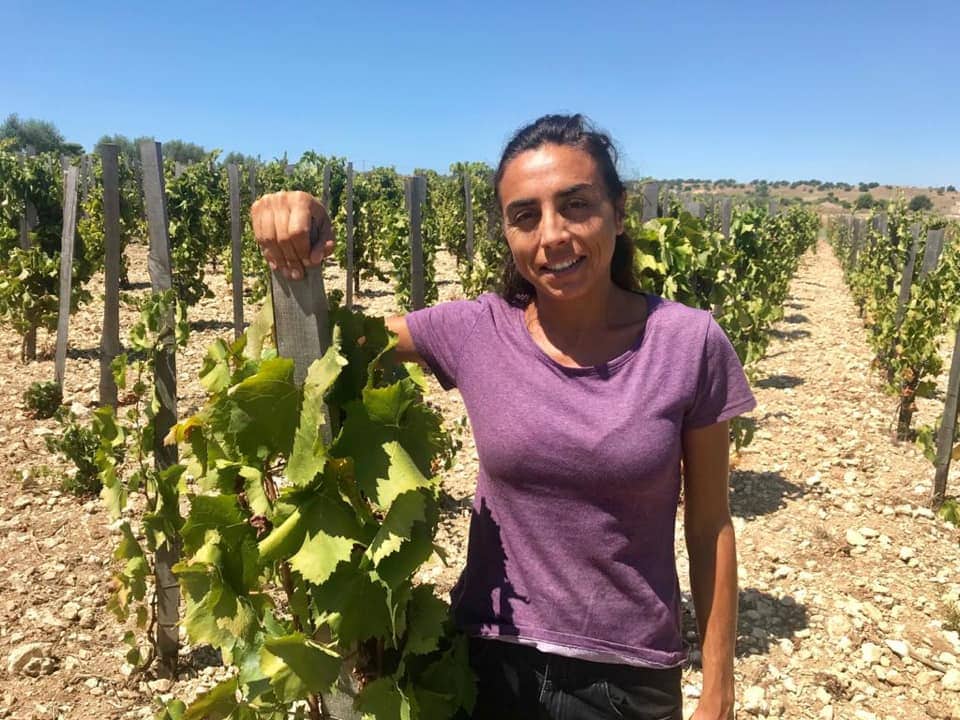 Arianna Occhipinti surprises everyone and returns to Verona: "There are too many natural wine fairs, and they’re too scattered"
Arianna Occhipinti surprises everyone and returns to Verona: "There are too many natural wine fairs, and they’re too scattered"